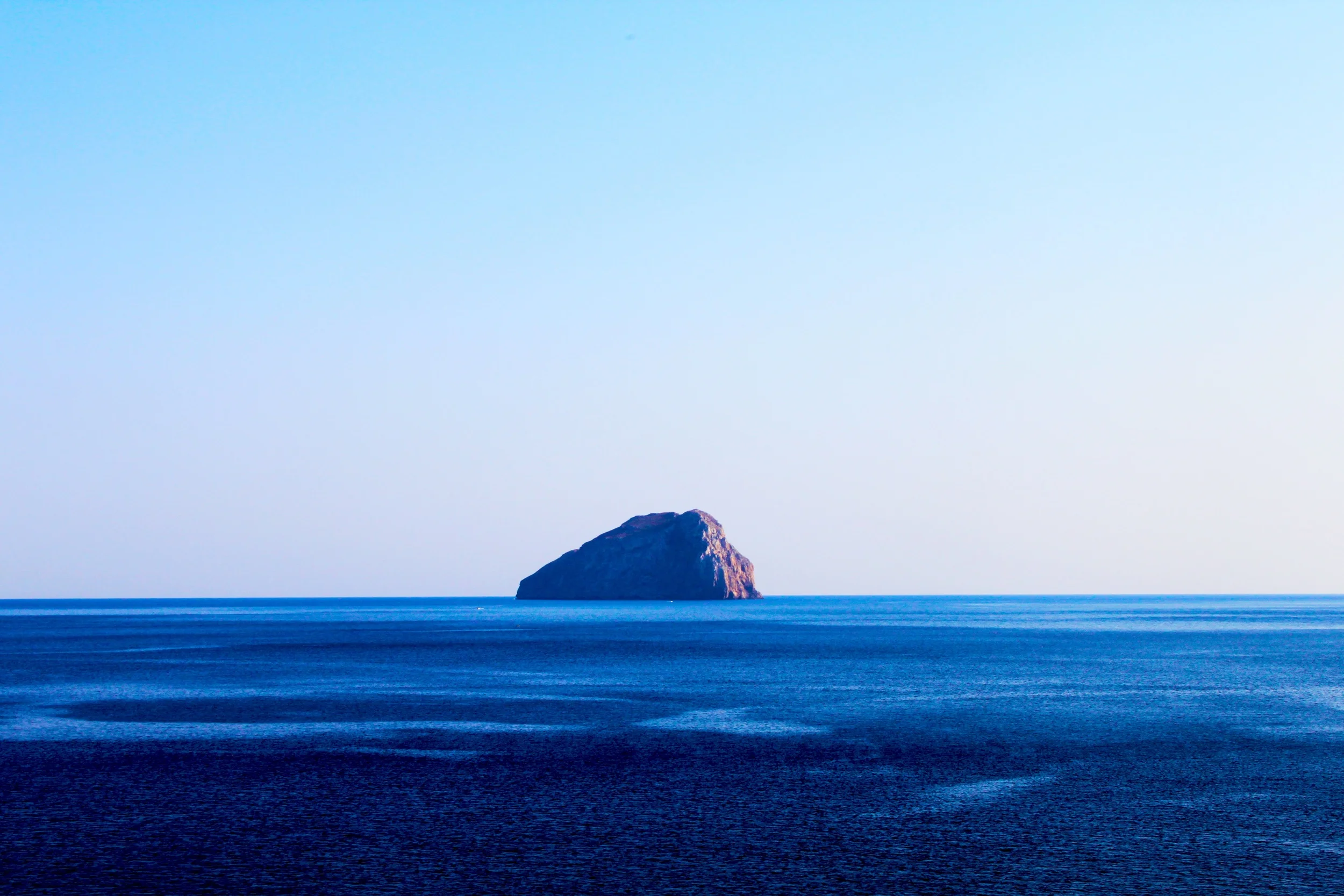At the beginning of each composition, there's a brief down point in which I wonder "Do I know how to do this anymore? What if my last piece was really my last?"
In the creation of my musical-poems, my question is always this: Which should come first -- the music or the text? All week, I have been jotting down ideas, collecting notes, basically being a data collector. I have themes, musical motifs, photos, annotated receipts, 3 hours of field recordings, and pages of journal notes about all the things that make me think of "home."
Since I am writing a concept album, the question of whether text or music comes first seems more pressing than usual. I want the pieces to flow together, so I do have to be mindful of beginnings and endings, as well as the overall sonic and textural arc. At the same time...this also applies to the text. It seems almost as if this album will end up as one continuous story, should the listener choose to regard the work in this way. I do want each piece to stand alone as an entity independent of the others, but I can't ignore the fact that when put together, there will be a verbal/textual narrative.
Balancing tones and weights is a delicate act.
By tones and weights I mean the heaviness and emotional charge of not only topics but also renderings of such. For example, one piece on this Homecoming album will likely center around addiction and mental health struggles/shackles while another will be about cats. When I wrote my MFA poetry manuscript a few years ago, I dealt with this range by splitting my book up into 3 distinct sections, but it made more sense, since I was dealing with a significantly higher volume of words.
I guess all of this is my procrastinatory way of saying that I feel stuck and confused today. These are the approaches I've considered taking:
- Writing out all the text first, in track order, as if it were a screenplay. Then "scoring" the text afterward.
- Opposite of the first one, that is, writing the music first and fitting the text in afterward.
- A hybrid approach in which I focus on one piece at a time, or switch off between tasks.
My favorite interpretation of the meaning "experimental music" is that which acknowledges the scientific, literally experimental process in which the music can manifest.
My brain tends towards the analytical, so as much as I'd like to throw caution to the wind, I almost must think about the above things while producing my work. I know many of you reading this are probably thinking it doesn't matter; just start and see what happens. In the end, you are right.
I hypothesize that approaches 1 or 3 would be best. After assessing my mental and physical resources and restrictions (a big one being that a large portion of my best workday period must be dedicated to quiet siesta time), it seems that I should go for #3. That way, I can use the mandated siesta time (2:30-5:30) to write text and the other hours to record my violin.
Crossing my fingers. Let the experiment begin (or continue).
This post originally appeared on the Syros Sound/Word Residency blog.
Become my patron to support my music for as little as $1/month and receive special rewards!



